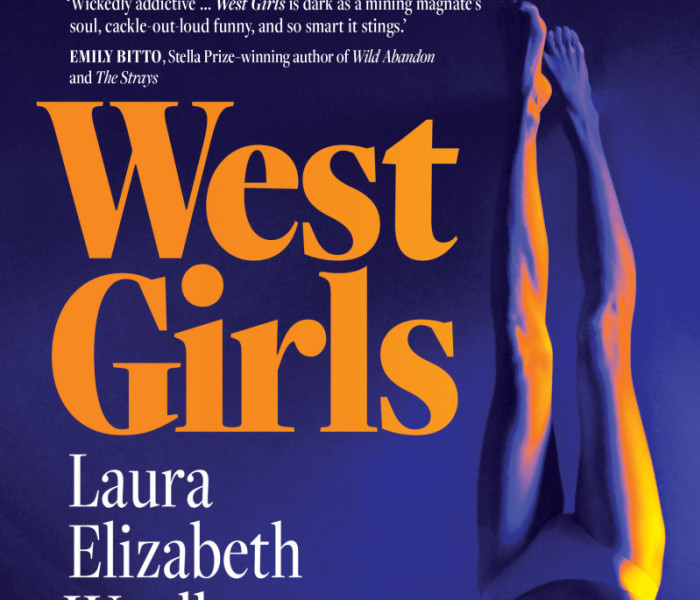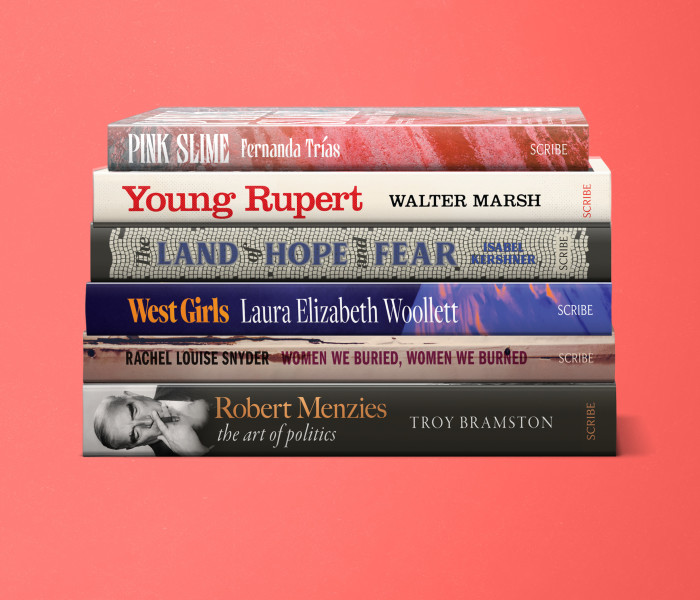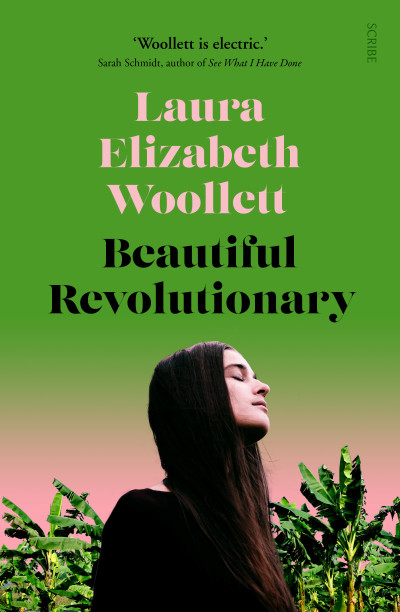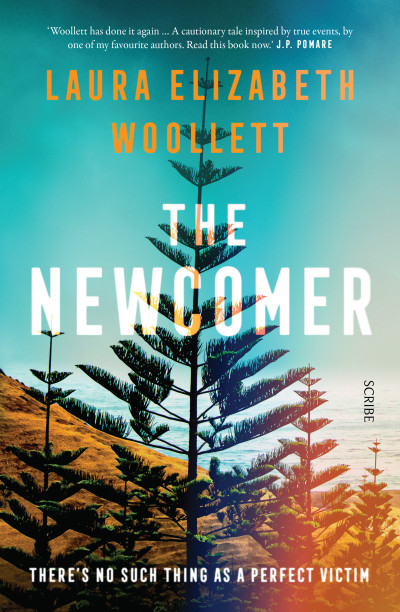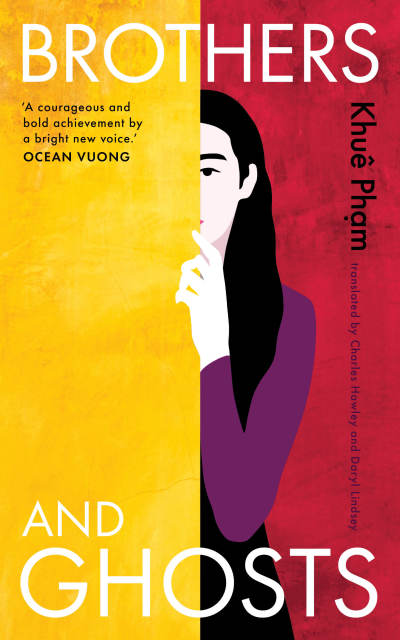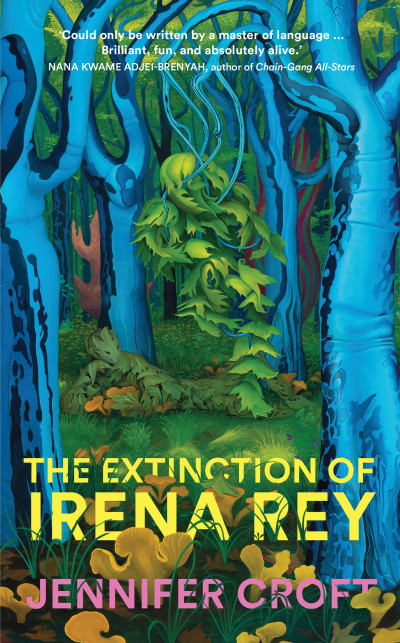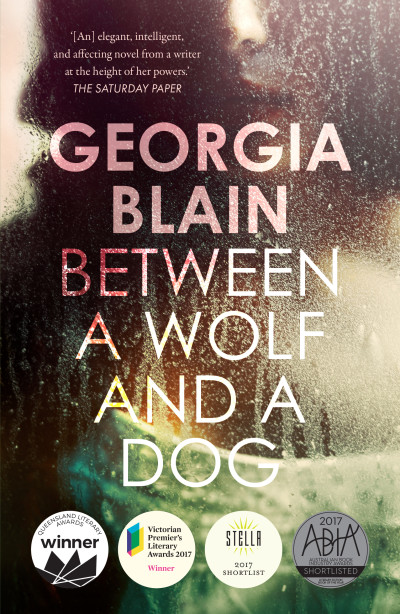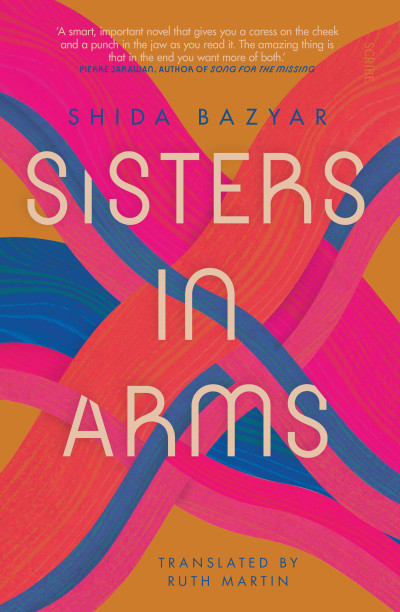‘West Girls shows us a sordid, self-regarding, and shiny world of schoolgirls and supermodels, and in any other lesser writer's hands this would be straight parody, but Woollett's extraordinary talent is to make the “real” more grotesque than the satire, and to infuse every sentence with her poet's vision and every character with a true melancholy and flawed humanity.’
Alice Pung, author of One Hundred Days
‘The beginning teases us with fast-paced, colourful snapshots of culturally diverse characters and scenes: mother–daughter adventures, unconventional family models, teen politics, and preoccupation with appearances. As we read further, however, the story gets more unsettling. West Girls dissects the idea of beauty — Indah, as the protagonist’s stepmother’s name suggests — at the intersection of power, privilege, and exploitation: who’s exploiting and who’s being exploited? Woollett takes the theme of ‘becoming’ to the darker side; whilst subverting assumptions of fixed identities, she poses uneasy questions around cultural appropriation, racially and sexually structured gaze under capitalism, and disciplined bodies.’
Intan Paramaditha, author of The Wandering and Apple and Knife
‘What a talent! It’s rare indeed to find a book this intelligent and this wickedly addictive. West Girls is dark as a mining magnate’s soul, cackle-out-loud funny, and so smart it stings. Ah-mazing!’
Emily Bitto, author of Wild Abandon and The Strays
‘Sharp and clever, it leaves bite marks in the skin … The currency of beauty — possessing it, expressing it, retaining it — becomes a motif throughout the book … Woollett examines what it means when culture, race, and aesthetic and sexual worth become disturbed from their moorings … The question of exploitation — and the repeated query of the orientation of this use of power — lies at the heart of the novel.’
Ellie Fisher, ArtsHub
‘Vacillating between humour and heartbreak, this 2024 Stella Prize–longlisted book is a compelling novel that will find its audience among fans of morally ambiguous tales and deliberate writing.’
Booklist
‘Throughout the novel, we jump between the consciousnesses of different characters, allowing Woollett to survey a diverse collection of perspectives and stories in the tightly knit social web that surrounds our main character … Woollett writes with an unsentimental kind of humour that will delight and scald alternately, while maintaining an impressively deep underlying empathy. The result is smart, sordid and often quite visceral.’
Ellie Dean, Readings
‘Woollett’s storytelling is stylish and sophisticated … Woollett is a self-assured and supremely talented writer, and the social and cultural subject matter of her novel sets it apart.’
Liz Evans, The Conversation
‘Sharp and clever, [West Girls] casts an unflinching, satirical eye over questions relating to race, identity, privilege and misogyny.’
Gemma Nisbet, The West Australian
Praise for The Newcomer:
‘Laura Elizabeth Woollett has done it again. The Newcomer pulls you in from its eerie opening and drags you along with intriguing characters and beautifully wrought prose. As the mystery deepens, you begin to realise things are never clear-cut, and everybody is guilty of something. A cautionary tale inspired by true events by one of my favourite authors. Read this book now.’
JP Pomare, author of Call Me Evie
Praise for The Newcomer:
‘The Newcomer is a dark and disturbing novel, speaking to some of the most troubling aspects of contemporary Australian society. As in Beautiful Revolutionary, Woollett’s prose is delicate and brutal in equal measure, offering an intimate portrait of a small and tight-knit community. With a fast-paced narrative and a complex central character, this is a searing exploration of sexual violence and victimhood, taking forward important conversations within our national psyche.’
Catherine Noske, author of The Salt Madonna
Praise for The Newcomer:
‘Woollett convincingly and devastatingly evokes the everyday misogyny of the world her characters inhabit. This is a world in which even apparently friendly exchanges are laced with an acrid antipathy towards women and girls, one in which women are blamed for the male violence that they’re subject to … Politics and fiction haven’t always been an easy combination, but they are here … Throughout the novel, Woollett provides a sensitive and refreshingly unjudgmental insight into the lives of her two female protagonists … [and her] eye for dialogue and character development is impeccable.’
Jay Daniel Thompson, Australian Book Review
Praise for Beautiful Revolutionary:
‘Laura Woollett’s imaginative retelling of the Jonestown tragedy does what only fiction can do — endows Jim Jones and his inner circle with a sense of humanity. She formulates answers to unknowable questions — how could otherwise sane people be pulled into Jones’s web of evil? What happened that last, tragic day? A lyrical and sharply rendered tale of innocence lost and ideals betrayed.’
Julia Scheeres, author of A Thousand Lives: the untold story of Jonestown
Praise for Beautiful Revolutionary:
‘Woollett has wisely chosen to forgo the fetishism of death and Jim Jones that is so often the focus of this tragedy. With Beautiful Revolutionary, Woollett has created an utterly intoxicating portrait of the lives of those seeking to build something new in a world that seemed to be losing its mind. Although we know what awaits us, Woollett masterfully weaves a suspenseful and complex story about people — of their dreams, beliefs, ideals, and lives all coming to a horrific end — in a way that is uniquely hers. Woollett is electric.’
Sarah Schmidt, author of See What I Have Done
Praise for Beautiful Revolutionary:
‘Beautiful Revolutionary is some of the most exciting fiction I’ve encountered. It fearlessly explores the human elements that attracted masses to the Peoples Temple and to Jim Jones — fear, lust, the need to be loved, and the urge to feel a part of something larger than the self. This story cuts close to the bone, unrelenting and irrefutably true, over and over. Laura Elizabeth Woollett is an immense talent, and this is a bracing — and necessary — read.’
Kayla Rae Whitaker, author of The Animators

